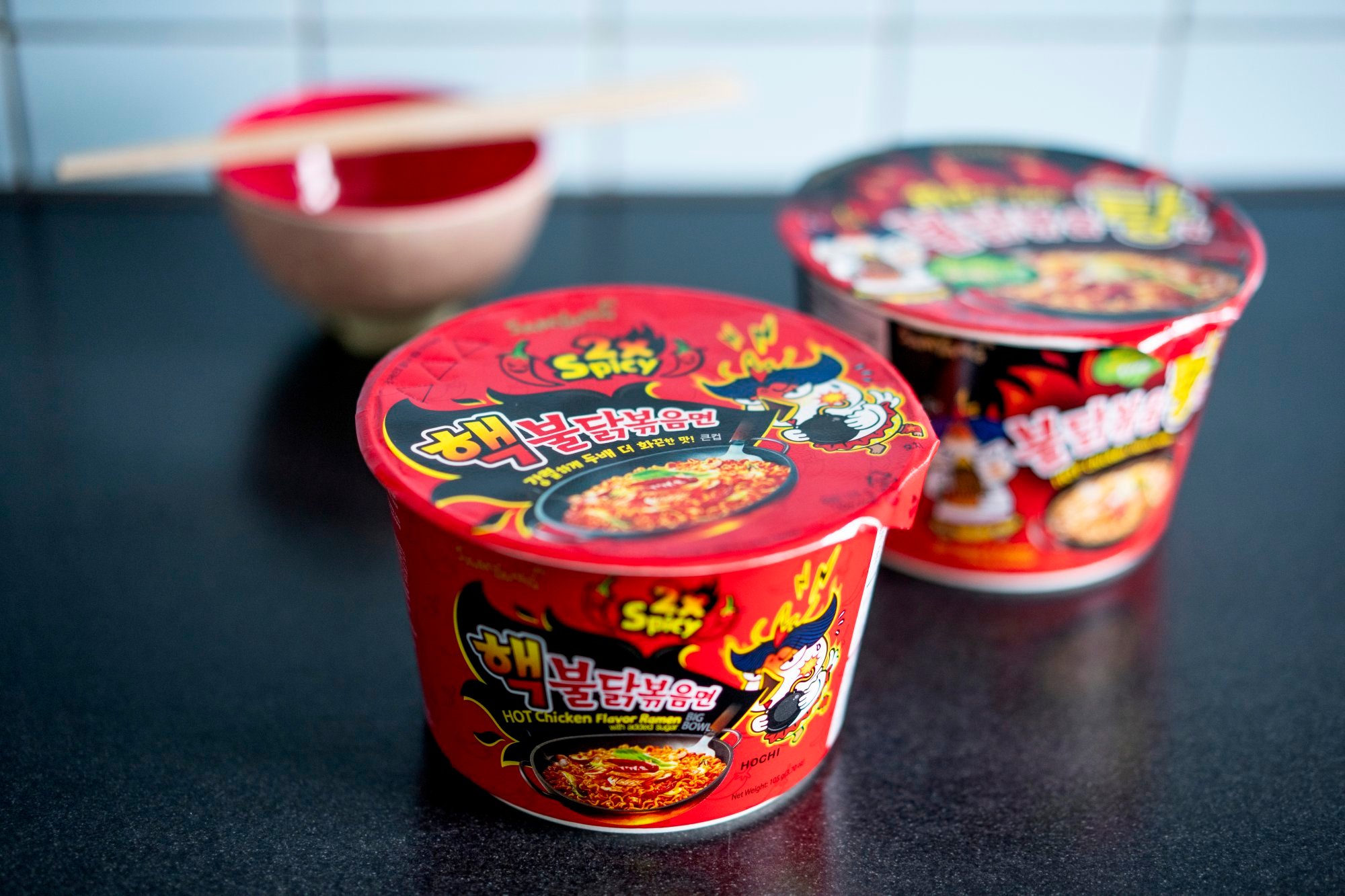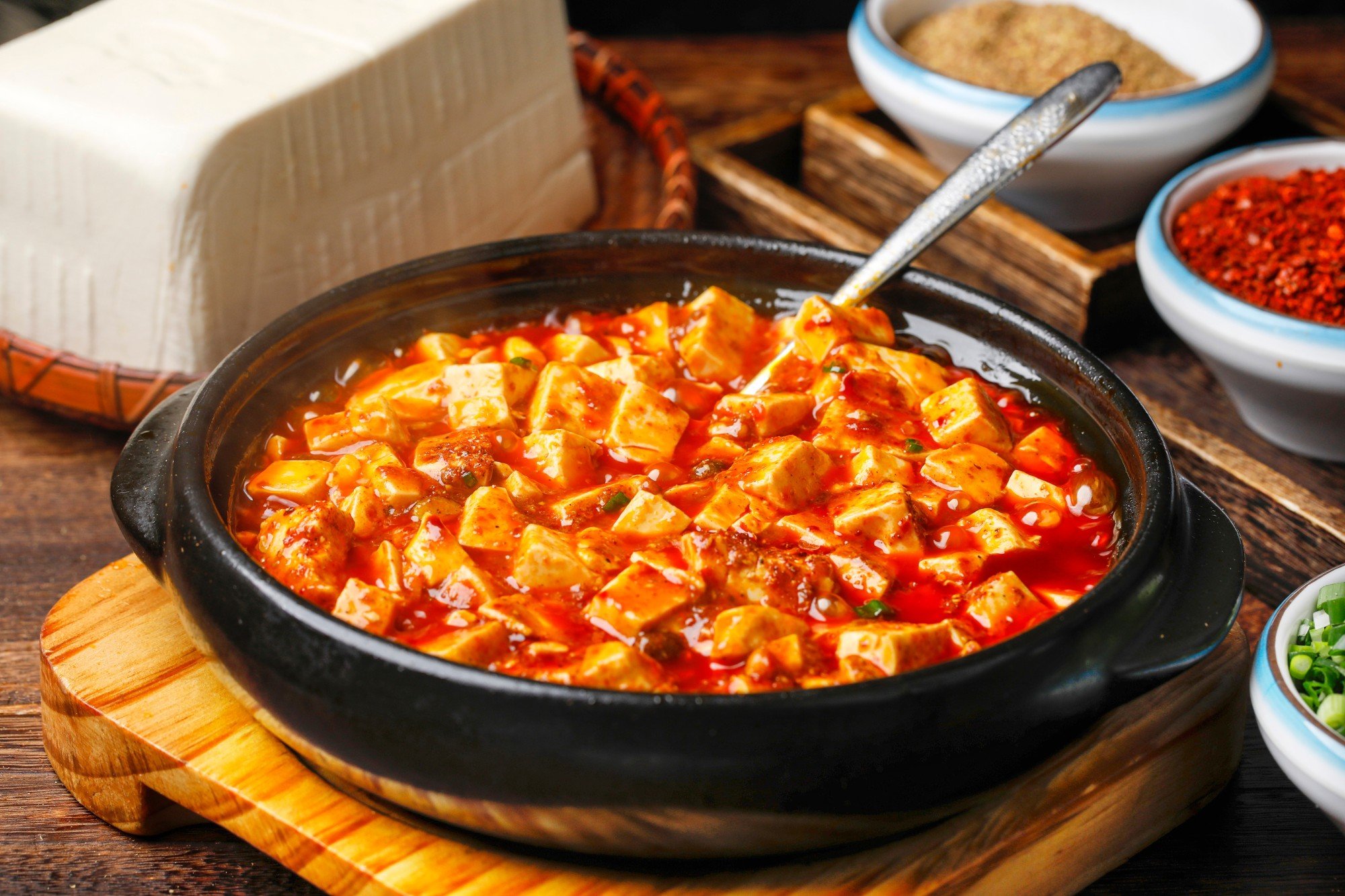Recently, Denmark recalled three flavours of instant noodles for being too spicy.
The country’s food and health authorities had assessed the levels of capsaicin in a single packet of Buldak instant noodles, made by South Korean company Samyang, to be “so high that they pose a risk of the consumer developing acute poisoning”, especially children, for whom extremely spicy food can cause harm.
I used to like spicy food. According to my parents, I was already something of a curry connoisseur shortly after I started on solid foods. I am in my early fifties now, and my tolerance for spicy foods has diminished, which, my doctor friends assure me, is quite normal for many people as they age.
To be sure, I still like the piquant kick that chilli peppers give to certain foods. It is the after-effects that make me think twice about dipping my tortilla chips in that extra-hot salsa. Let’s just say that if I did that, I am not going to be very sociable the following day.

Like dairy products – another much-loved comestible my older self has diminished tolerance for – my body’s response to spicy foods is selective.
Despite the ubiquity of Sichuan cuisine and all manner of mala (“numbing and spicy”) foods in the present day, the history of chilli in China is a relatively recent one. Endemic to the Americas, chilli peppers were introduced to China only about 450 years ago, probably by the Spaniards or Portuguese.
The ancient Chinese had “spicy” foods, but those were flavoured by other plant species such as mustards and Sichuan peppers, the latter of which famously gives that numb feeling (“ma”) to the lips and tongue.

The earliest written records of the chilli plant in China make reference to its ornamental purpose and certain medicinal properties of its fiery fruit, with no mention of it being consumed as food. The first textual evidence of its culinary use can be found in a chronicle of a prefecture that was completed in 1721.
In that prefecture, which was located in present-day Guizhou province (incidentally, the birthplace of Lao Gan Ma), “the indigenous Miao people used [chilli peppers] in place of salt”.
The brevity of this sentence belies two important pieces of historical information: that chilli was first used to flavour food when salt, that cheapest and most basic of flavour enhancers, was unavailable, and that the first people in China who did that were non-Han Chinese, indigenous peoples in early 18th-century southwestern China, who were probably too poor to afford salt, if they even could obtain it in the geographically inaccessible region they lived in.

From those humble beginnings, the culinary use of chilli peppers, which grows easily and plentifully, spread to the rest of China in the next two centuries.
The chilli pepper became a permanent, and representative, feature of the cuisines of certain regions like Sichuan, Chongqing, Guizhou and Hunan. No one really knows why people in certain locations in China have historically taken to spicy foods, while those in other places, like Guangdong and Shanghai, haven’t.
Thanks to the movement of massive numbers of people within China from the recent past until the present day, spicy foods from Sichuan, Hunan and elsewhere are ubiquitous in China, from where they have spread to the rest of the world.

